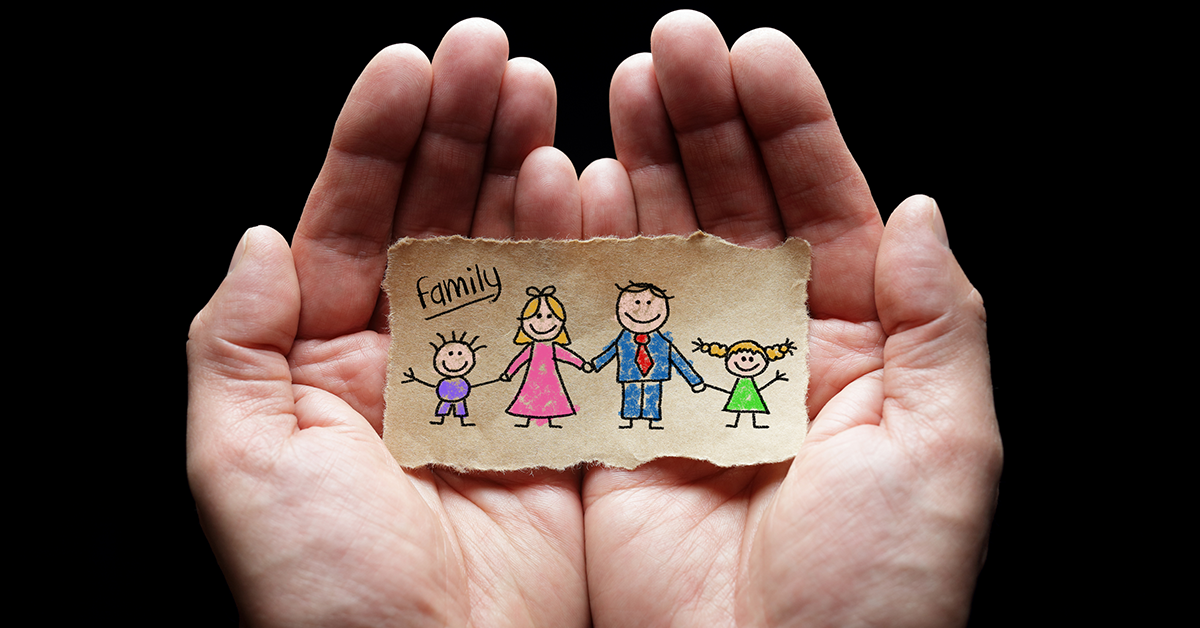
02 Nov Parental Substance Abuse and the Impact on Families During COVID
Families benefit from the support and structure of their community. Sheltering in place during the coronavirus pandemic has thrown social networks into disarray, and anxiety associated with COVID-19 has magnified everyday stressors. Sudden loneliness and stress can increase susceptibility to substance misuse, addiction, and relapse. Loneliness is an emotional state, not a physical one. People can feel a sense of loss from a major disruption in their social routines, even when their family is with them at home.
In late April and early May, the Addiction Policy Forum conducted a survey of 1,079 people with SUD, to find out how they were being impacted by the pandemic. Twenty percent of the respondents reported that their own or a family member’s substance use had increased since the start of the pandemic. Cocaine, heroin, methamphetamine, and non-prescribed fentanyl all showed sharp increases in use.
Family Stress
If previous epidemics are any indicator, having loved ones with you doesn’t make physical isolation more manageable. A post-SARS study found that being part of a family did not offset the mental health symptoms associated with quarantine. Families tended to have worse mental health status during the SARS epidemic. The pandemic has also created insecurity surrounding healthcare, employment, and finances. Without financial resources, parents worry how they will care for their children. Added family stress from the current pandemic may be contributing to the rise in substance misuse, putting families at additional risk for food and housing insecurity.
Mothers
Physical distancing can lead to a lack of community support and resources, which are especially important during pregnancy and postpartum. Women with limited social networks, unstable living conditions, and a prior history of substance use are more likely to continue misusing substances during pregnancy. Job loss, anxiety, and social isolation during the COVID-19 pandemic creates conditions in which mothers may continue to misuse drugs during pregnancy, which contribute to long-term fallout implications for the child and family.
Shockwaves from the fallout of COVID-19 can further deepen substance use issues for many mothers. In general, unemployment is associated with an increased risk of SUD, and during the current economic downturn, single mothers have been hit particularly hard by the unemployment crisis, losing jobs at a far higher rate than other families with children. Mothers struggling with SUD may also lose custody of their children, experience domestic violence, or become homeless.
Fathers
Mental health issues stemming from the pandemic affect fathers as well. Overall, men are more likely than women to have substance use disorder. Job loss and social isolation as a result of a COVID-19 can increase a father’s vulnerability to substance misuse. Isolation and physical distancing during the pandemic can disrupt peer support recovery programs, and the loss of connection with a trusted support group can lead to relapse. This unfortunate combination of factors put a large number of fathers at risk for substance misuse and alcoholism.
The impact of paternal substance misuse has far-reaching consequences for the entire family. Children of fathers with alcoholism are at increased risk for behavioral health problems and early-onset substance misuse. Parental alcoholism can lead to things like depression and antisocial behavior in children.
Home Environment
Children learn how to cope with stress at a young age. Family interactions, parenting styles, and levels of supervision are central parts of child development. These early experiences are some of the most substantial external factors influencing behavior later in life.
Living in a stable home with both parents increases a child’s well-being. However, social isolation, anxiety, and a loss of support systems can contribute to an increased risk of domestic aggression and marital conflict. Without proper support, people in recovery may turn to substance use to cope with the stress of the pandemic. When parents misuse drugs at home, it negatively affects physical and mental health outcomes for children. For example, heavy drinking is associated with increased rates of domestic violence.
Family stress during COVID-19 is particularly notable for parents of school-aged children. Parents are accustomed to the support of teachers and the larger school community when it comes to educating their children. During this time of physical isolation, most schools are closed or operating virtually. Parents are left to juggle the educational needs of their children while working from home. Increased stress at home can create a feedback loop of stress, substance use, and family conflict.
Mental Health Support
Many families are unable to access community support in the same ways they did before the pandemic. Physical isolation disrupts once reliable networks, leaving parents to feel like they are on their own. Clinicians and social workers will need to find creative ways to reach isolated families.
Technology, such as teletherapy, can help clinicians reach clients who have barriers to in-person care. Teletherapy allows clinicians a way to provide exceptional care and interaction, even when physical distancing is an issue. Social workers and therapists can provide families with resources to help them cope with their mental health and substance use needs. Care coordinators can help families access available resources for food and housing needs within their local communities. Here are just a few organizations and programs that can help:
Resources for Families
- NWIC – National wraparound initiative with resources for families and practitioners.
- SNAP-Nutritional assistance for low-income families
- TANF– Temporary assistance for families in need
- WIC – Food, healthcare support for low-income pregnant and postpartum women and children up to age five
- NSLP – Federally assisted meal program that provides low-cost or free lunches to children under 18 years old.
- DHS – Domestic Violence Crisis and Prevention
- National Domestic Violence Hotline: 1-800-799-7233
- SAMHSA – Behavioral Health Treatment Services Locator and Helpline: 1-800-662-HELP



Sorry, the comment form is closed at this time.